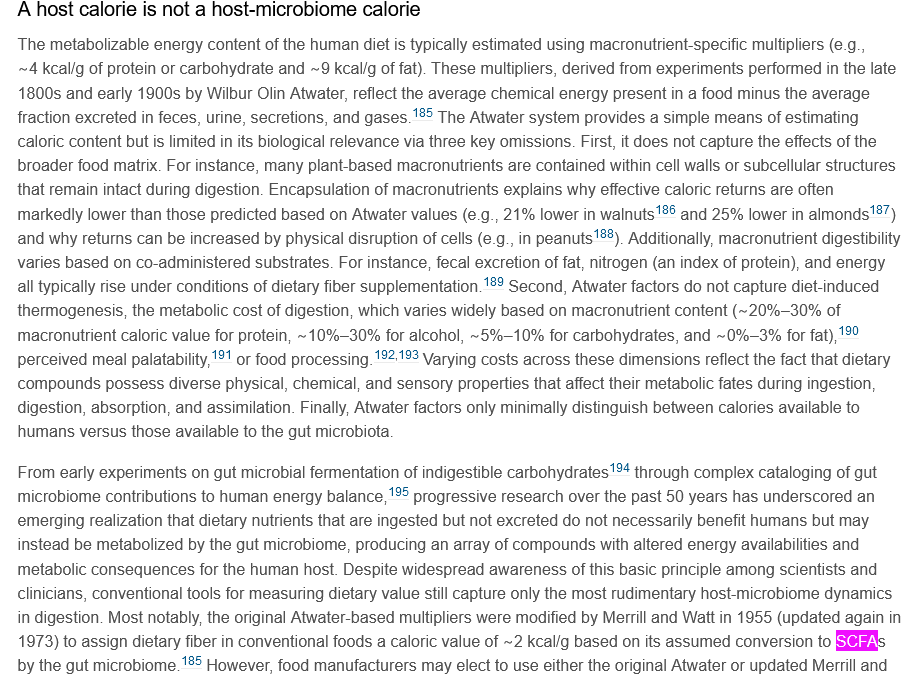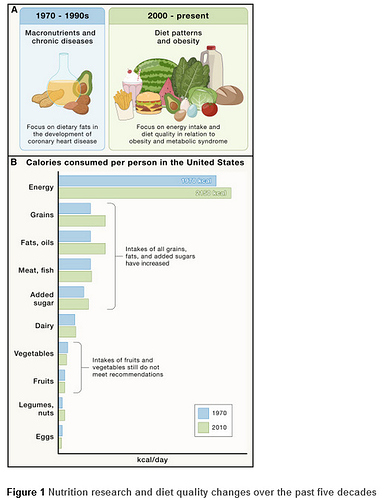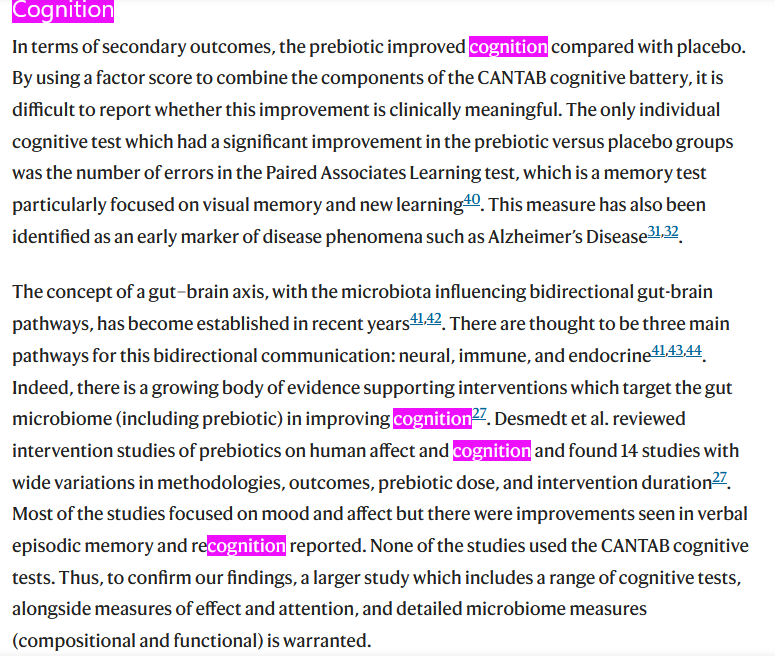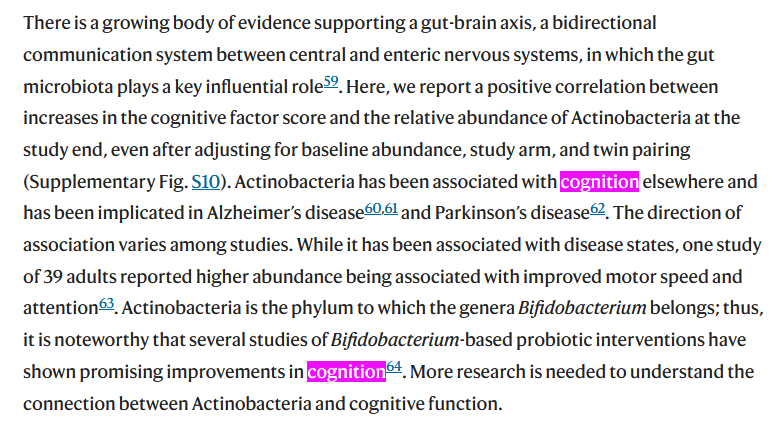@ffskier In my mind, the biome does … something. In the paper, they discuss where the biome affects whether animals (mainly) over- or under-eat. I know some people who believe the biome is THE cause of overeating. I’m not sure about that, but don’t know.
The problem is that it’s very difficult to test this. If you eat differently, your biome changes, and they don’t have good studies about this.
Just listened to a podcast, where they are going to put people on a keto diet for depression, and they are going to test what happens to the microbiome and whether that has any effect on depression. This is the youtube version (I listened to the podcast):
https://www.youtube.com/watch?v=Oye7lz0HYnI
There are multiple reasons they are looking at the biome, but one is because there are so few studies that have done this for the keto diet. And they are going to try to quantify what happens to the biome and attempt to relate it to mental benefits. We’ll have to see what happens.
@Shinita There’s the idea that somehow meat is harmful, such as leading to diabetes. My daughter is going to a dietician, and the dietician has suggested something like 3.5 ounces of meat per meal. Uh, what?
There is no evidence to support the suggested “servings” of fruits or vegetables. It’s not like they ran an randomized trial where some people ate 3 “servings” a day and some ate 5 “servings” a day (with maybe a trial where people ate whatever), and there was a difference. The number of servings is a guess. And it’s based on epidemiology – people who said they ate so many fruits/veggies per day were healthier than those who said they did not.
I tend to eat just meat, but right now, I’m eating a few more vegetables, as I like tomatoes from the garden. But in general, I eat much less than the number of “recommended” servings, though like you, I don’t keep track.



 The opposite would make much more sense to me. I know some weird beliefs but I can’t imagine the explanation for that. Anyway, the modest meat intake don’t even have much calories let alone extra ones while the copious amount of carbs do and they are less satiating and easier to put into everything, we don’t even need more complex things to consider…
The opposite would make much more sense to me. I know some weird beliefs but I can’t imagine the explanation for that. Anyway, the modest meat intake don’t even have much calories let alone extra ones while the copious amount of carbs do and they are less satiating and easier to put into everything, we don’t even need more complex things to consider…
